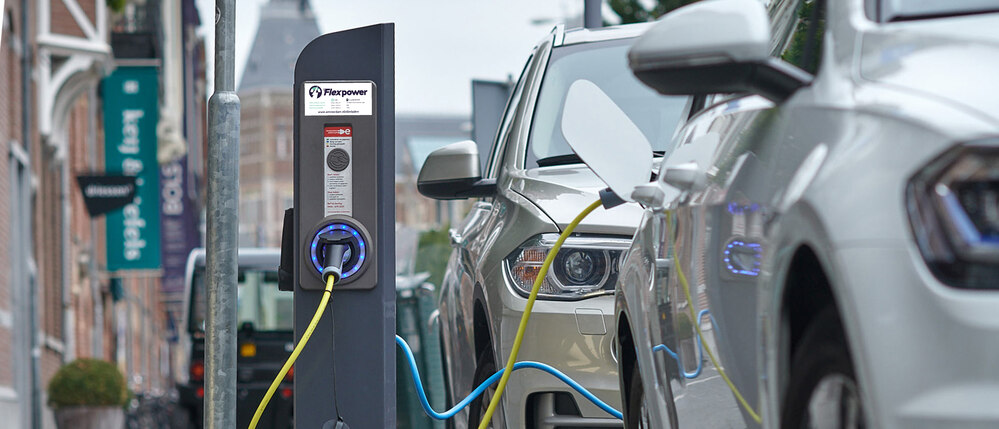On 21st November 2024, the new electric vehicle (EV) grant fund in the Netherlands was exhausted, marking a clear shift in the national government‘s stance on electromobility.
By this date, the 58 million euros allocated to the programme had been fully utilised, according to the Netherlands Enterprise Agency (RVO).
On 27th December, the organisation responsible for managing the funds reported that they were still working on evaluating all the applications.
Meanwhile, for used EVs, the additional budget of 52.5 million euros was also depleted by December.

Michel Bayings, Senior Management Consultant at Emobility Consulting France/Netherlands, states to Mobility Portal Europe:
“No new subsidies for private cars are expected to be introduced.”
However, he confirms that incentives could remain for certain professional sectors, such as logistics.
Furthermore, the second-hand market is poised to play a key role in this new phase.
“Corporate leasing EVs, such as the Tesla Model 3, are entering the second-hand market at affordable prices, ranging from 10,000 to 20,000 euros,” he points out.
This could compensate for the decline in new model sales.
Immediate impact on EV sales
The immediate effect of the announcement was reflected in a notable spike in registrations in the final month of 2024.
In December, 37,087 new EVs were registered, representing a 40.3% increase compared to the same period in 2023.
This behaviour follows a common trend when incentives are about to expire: an increase in vehicle purchases to take advantage of the benefits before they disappear.
Bayings explains: “Whenever subsidies are reduced, a sales surge is always observed just before, and a decline is seen in the first two or three months after.”
This pattern was already witnessed in Germany in the past year, following the withdrawal of the environmental bonus.
This led to a 27.4% drop in electric vehicle sales in 2024.
Despite years of sustained growth, the German market failed to absorb the impact of the loss of incentives, further affected by inflation and consumer caution.
In contrast, Sweden showed a more nuanced picture after the end of subsidies.
Although EV registrations fell by 15.9%, these models continued to be the best-sellers.
Electric cars maintained a 35% market share.
Demand partially shifted towards plug-in hybrids, which saw a 3.4% increase.
These experiences illustrate how the removal of subsidies can affect markets differently, depending on their characteristics.
In the Netherlands, the robust charging infrastructure (with over 157,000 stations) and the increasing supply in the second-hand market may help mitigate the negative impacts.
However, the lack of a clear long-term fiscal policy creates uncertainty in the industry, a concern shared by organisations such as BOVAG, which have called for regulatory stability.
At this point, it is important to mention that EV drivers in the Netherlands will face a reduction in the road tax exemption, which will decrease from 100% in 2024 to 75% in 2025, and 25% in 2026.
According to Bayings, this measure will have a “significant impact, as these taxes are based on vehicle weight.”
EVs, with heavy batteries, may become less economically attractive compared to other options.
A viable strategy without subsidies?
Although the removal of incentives may seem like a setback, Bayings sees opportunities in this shift.
“EV prices are dropping rapidly, so it will no longer be the biggest issue,” he states.
He adds: “EU regulations, with penalties for original equipment manufacturers who have excessive emissions in the vehicles they sell, which can only be reduced by selling enough EVs, will also help reduce costs.”
Instead, he suggests that what could become a bigger challenge are other costs associated with vehicle use, such as road taxes.








